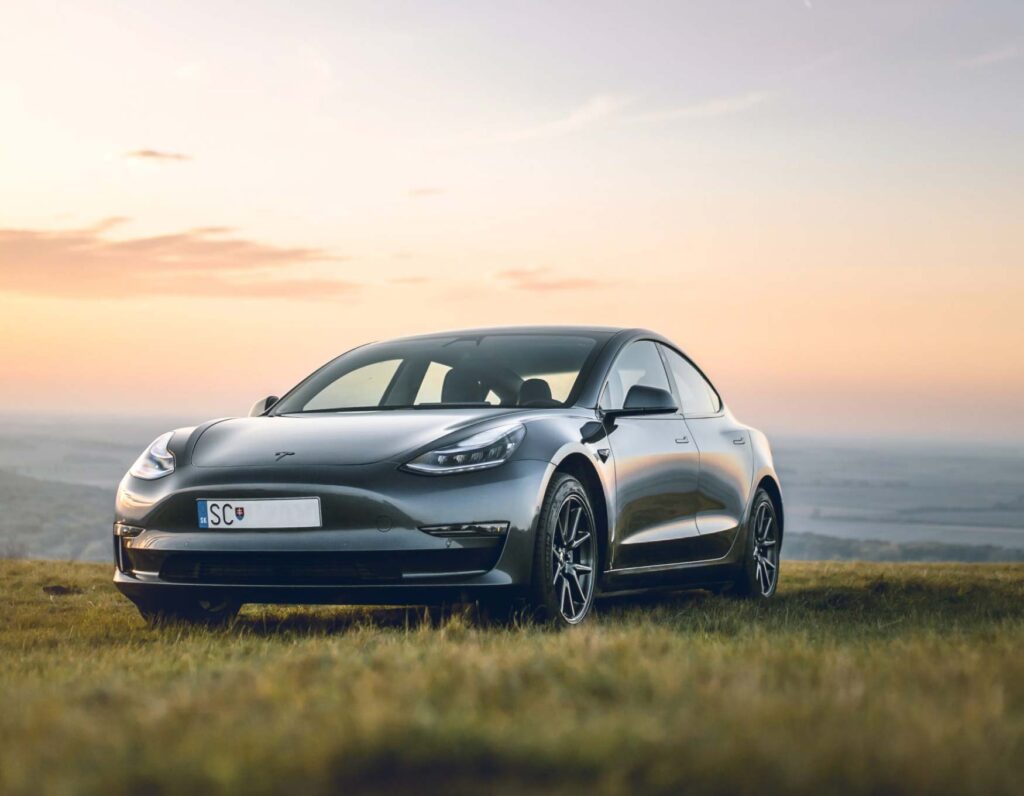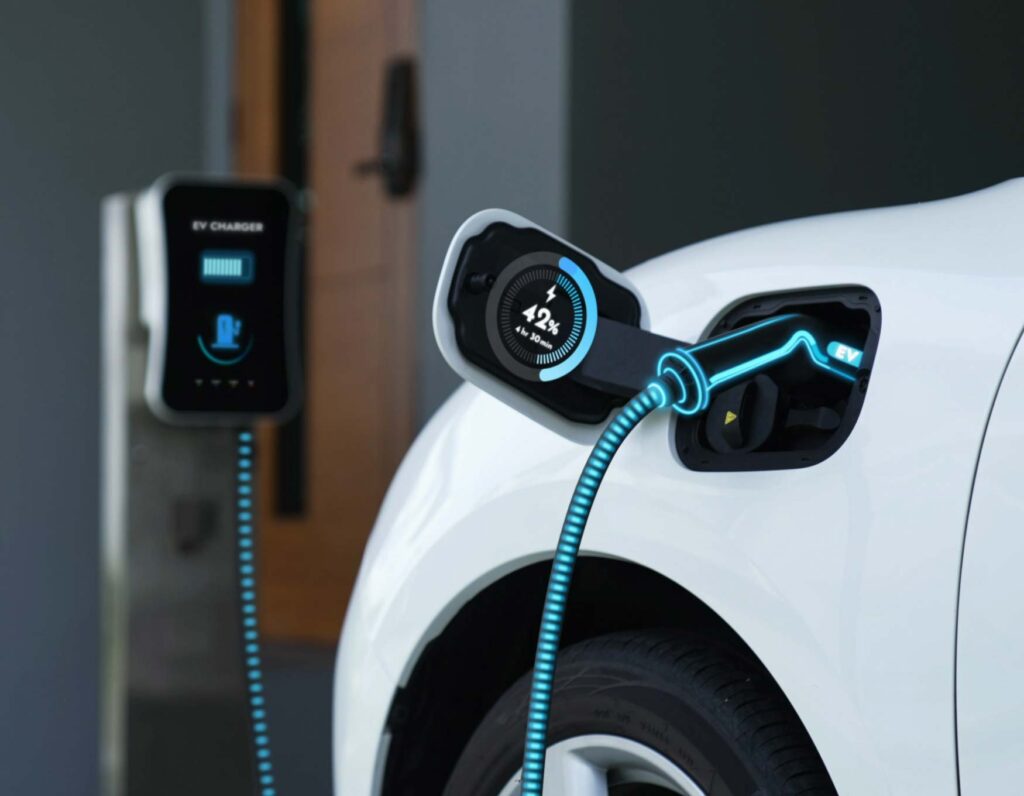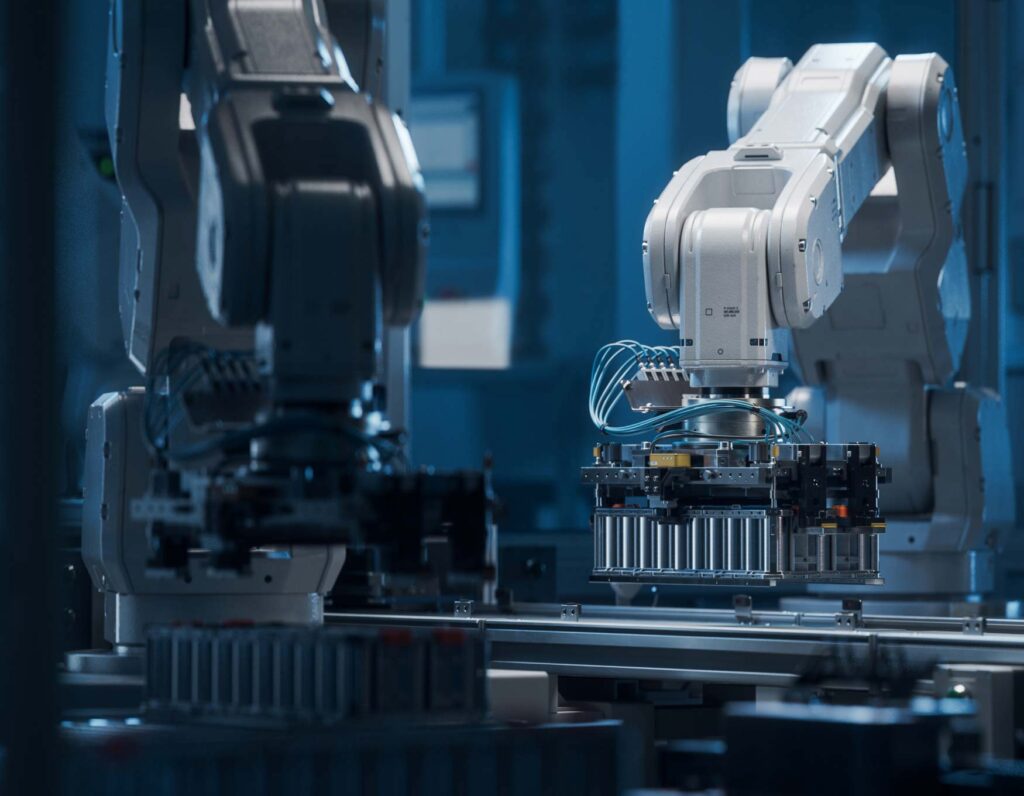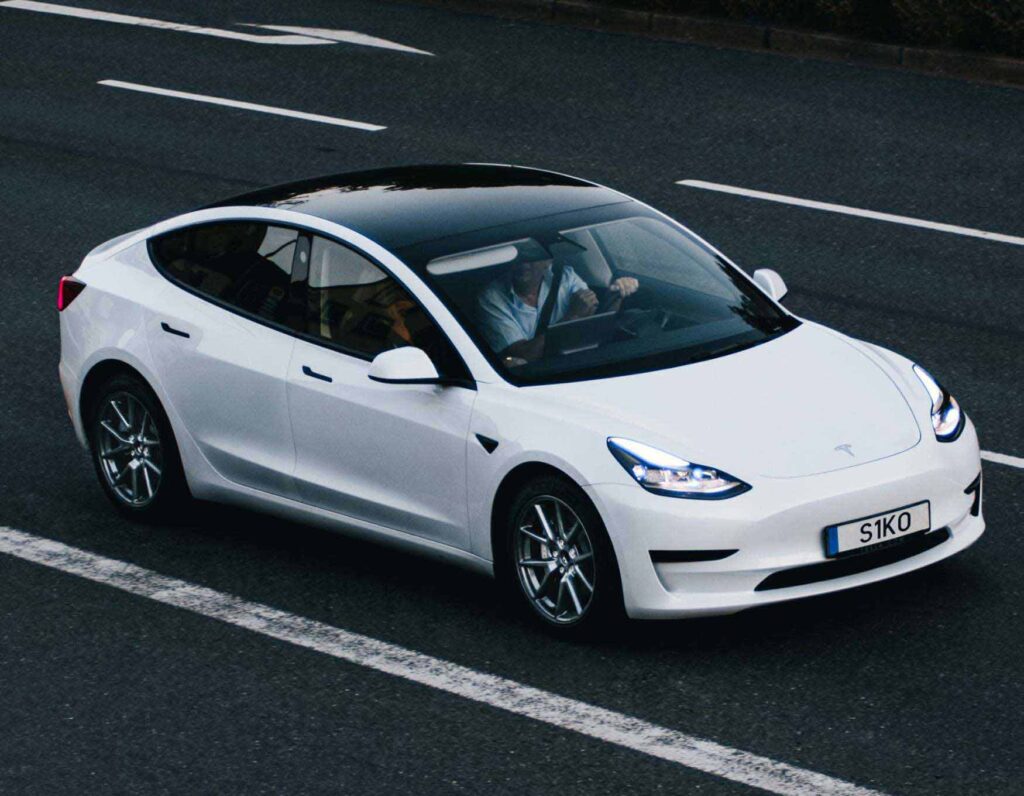Scan this article:
Rivian’s blockbuster IPO last week was the largest since Facebook back in 2012, valuing the electric vehicle (EV) maker at over US$100 billion after just a couple of days on the boards.
Following a few more big sessions on Wall Street, the startup has surpassed US$127 billion, dwarfing established automakers like Ford (US$80b) and General Motors (US$91b).
It reflects the enormous excitement and speculation around EV companies and their growth prospects. By 2040, two in three new cars sold are expected to be electric but the race to be the EV-maker of choice is already heating up.
These are the EV companies you can invest in today.
1. Tesla (TSLA)
While Elon Musk didn’t found Tesla, the CEO has largely been casting it into the spotlight and making it the poster boy for EVs globally.
Rolling out sleek luxury sedans – and with the sci-fi-esque Cybertruck on the way – the carmaker has become a hit with drivers and won a whole host of motoring accolades along the way, including the best car of the last 70 years.
The Model 3 has become its flagship vehicle with a range of 491 kilometres. Going from 0 to 100km/h in 6.1 seconds, the powerful vehicle comes in at around A$64,000 drive away in Australia.
The company, valued at US$1 trillion, has sold more than 800,000 vehicles in the last 12 months alone, despite ongoing supply chain disruptions.
Its success – and the hype around its CEO – has helped the company grow its share price by a factor of 15 over the last two years. To put that in context, had you bought A$130,000 worth of Tesla stock in 2019 instead of buying one of its cars, you would have made more than A$2.7 million.
Not bad for a company that almost went belly up a few years ago.
2. Rivian (RIVN)
Starting with pickup trucks and SUVs, Rivian is looking to electrify popular American models with vehicles that are larger and more conventional than its rival Tesla.
This point of difference is deliberate with founder R.J. Scaringe hoping customers will be more inclined to switch their current ride for an electric version if they don’t need to compromise on size or style.
Rivian promises its R1T Pickup and R1S SUV will have ranges of around 500 kilometres.
Both will come in at around US$70,000 (A$95,000), pricing the R1T 50% higher than what Tesla’s Cybertruck and Ford’s F-150 equivalents are expected to cost when they come out next year.
It is still early days though for Rivian, having only produced around 150 cars to date. The company is accordingly making very little revenue and lost ~US$1 billion in the first half of 2021. But the car maker has potential. Amazon has already ordered 100,000 electric vans as it looks to overhaul its delivery fleet.
Given Amazon just made more than US$22 billion on its 20% Rivian stake, that order – and future ones – are being heavily discounted by a market bullish on EVs. On top of that, it plans on producing 1 million cars a year by 2030. Investors are so far buying those ambitions, including Ford which holds a 5% stake.
3. Lucid (LCID)
If Rivian is targeting middle America, Lucid has its sights set on the top end of the market, looking to beat the competition on design, charging and range (up to 500km on a 20-minute charge) without compromising on power.
The first model to roll out of its factory – located in the Arizona desert – is the limited edition ‘Dream Edition Air’. With an initial price-tag of US$169,000 (A$229,000), the car has a whopping range of 837 kilometre on a single charge. More basic Airs will be sold for as low US$95,000 (A$129,000).
Listing on the Nasdaq in July, Lucid is valued at around US$73 billion with its share price up 85% in the five months since. Its earnings are still meagre but Lucid says it is on track to produce 20,000 EVs next year, with 17,000 of those already pre-ordered by eager customers.
4. Nio (NIO)
Based out of Shanghai but listed on the New York Stock Exchange (NYSE), Nio has delivered more than 140,000 cars to Chinese customers and is gearing up to expand into Europe shortly.
The company has three SUV models out already – the full-size ES8, the sportier ES6, and the EC6 coupe – ranging from A$76,000 to A$91,000.
Its first sedan, the ET7, is slated for sale early next year and promises a range of almost 1,000 kilometres – more than any other EV today. The luxury sedan is set to challenge Tesla’s Model S as well as the Porsche Taycan, and will be Nio’s most expensive car to date.
5. Fisker (FSR)
Fisker Inc. was reborn from the ashes of Fisker Automotive which went bankrupt in 2014 after complications with its principal battery supplier. The company was founded by Henrik Fisker, a car designer who has worked with traditional automakers like Aston Martin, Ford, and BMW.
Unlike others on this list, Fisker isn’t trying to set up its own manufacturing plants. Instead, in a bid to race ahead, the automaker has contracted that out to auto parts supplier Magna International.
It’s just one point of difference for a company that is pitching high-performance EV vehicles at an affordable price. However, the longer it takes to get to market, the more time rival EV companies have to lower their own prices, potentially shrinking Fisker’s customer base.
Fisker’s first model, the Ocean SUV, is due to drop in 12 months. Longer-term it has plans to roll out the world’s first carbon-neutral vehicle by 2027, offsetting carbon emissions at every stage of development.
6. XPeng Motors (XPEV)
Another Chinese automaker, XPeng’s models are some of the cheapest in the market. Its G3 SUV comes in at around A$31,000, while its P7 sedan – undoubtedly its Tesla challenger – comes in under A$50,000.
For that kind of money, you’re looking at a range of around 700 kilometres with the model unsurprisingly leading the charge into Europe as XPeng, like Nio, expands into Western markets.
Its XP5 meanwhile is just A$34,000 and is the first consumer car to come complete with Lidar sensors, allowing for advanced driver assistance.
Market potential
As you can see, each of the EV companies is building out something a little bit different for an auto market in the midst of transformation.
Traditional automakers can already sense which way the wind is blowing. Many of the biggest names in the auto industry have unveiled their own plans to go electric.
But as Tesla creates trillions of dollars of value seemingly overnight, it’s those building vehicles from the ground up that investors are keeping the closest eye on.
Read more: How to invest in U.S. stocks with Superhero

Become a part of
our investor community
Why you should join us:
- Join free and invest with no monthly account fees.
- Fund your account in real time with PayID.
- Get investing with brokerage from $2. Other fees may apply for U.S. shares.
Read our latest articles
Make knowledge your superpower and up your skills and know-how with our news, educational tools and resources.



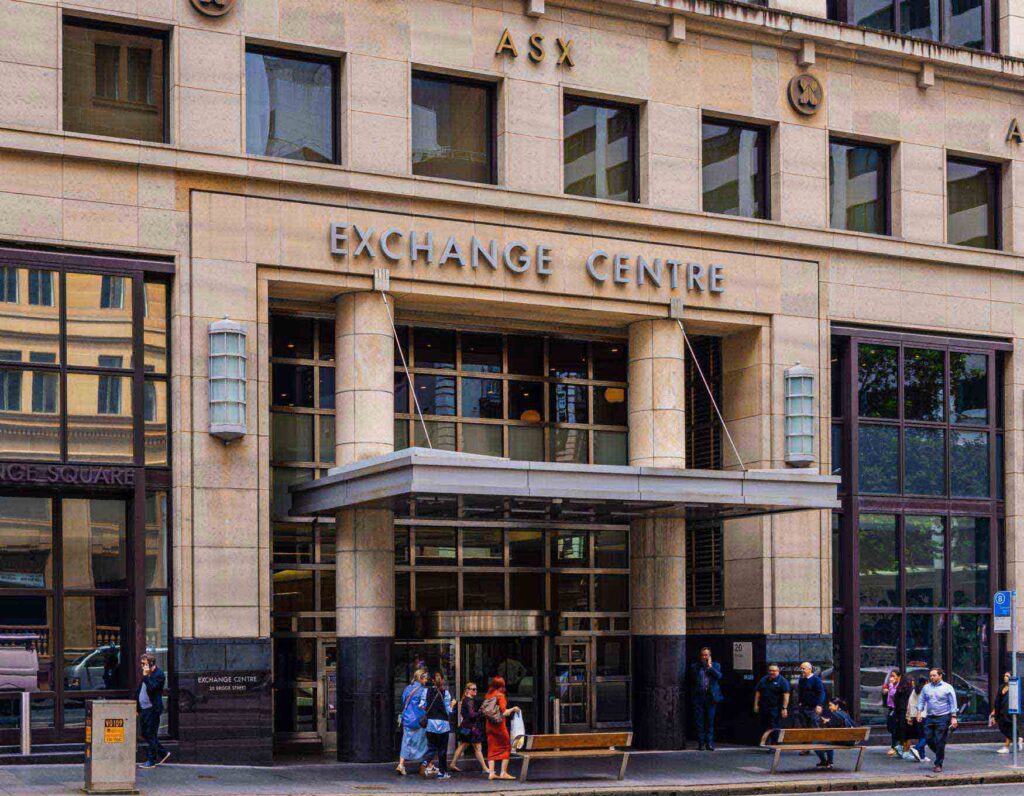

![The top ASX lithium stocks by trade volume and performance [2023]](https://www.superhero.com.au/wp-content/uploads/2023/06/24-03_blog_news_toplithiumstocks_hero@2x-1024x796.jpg)





